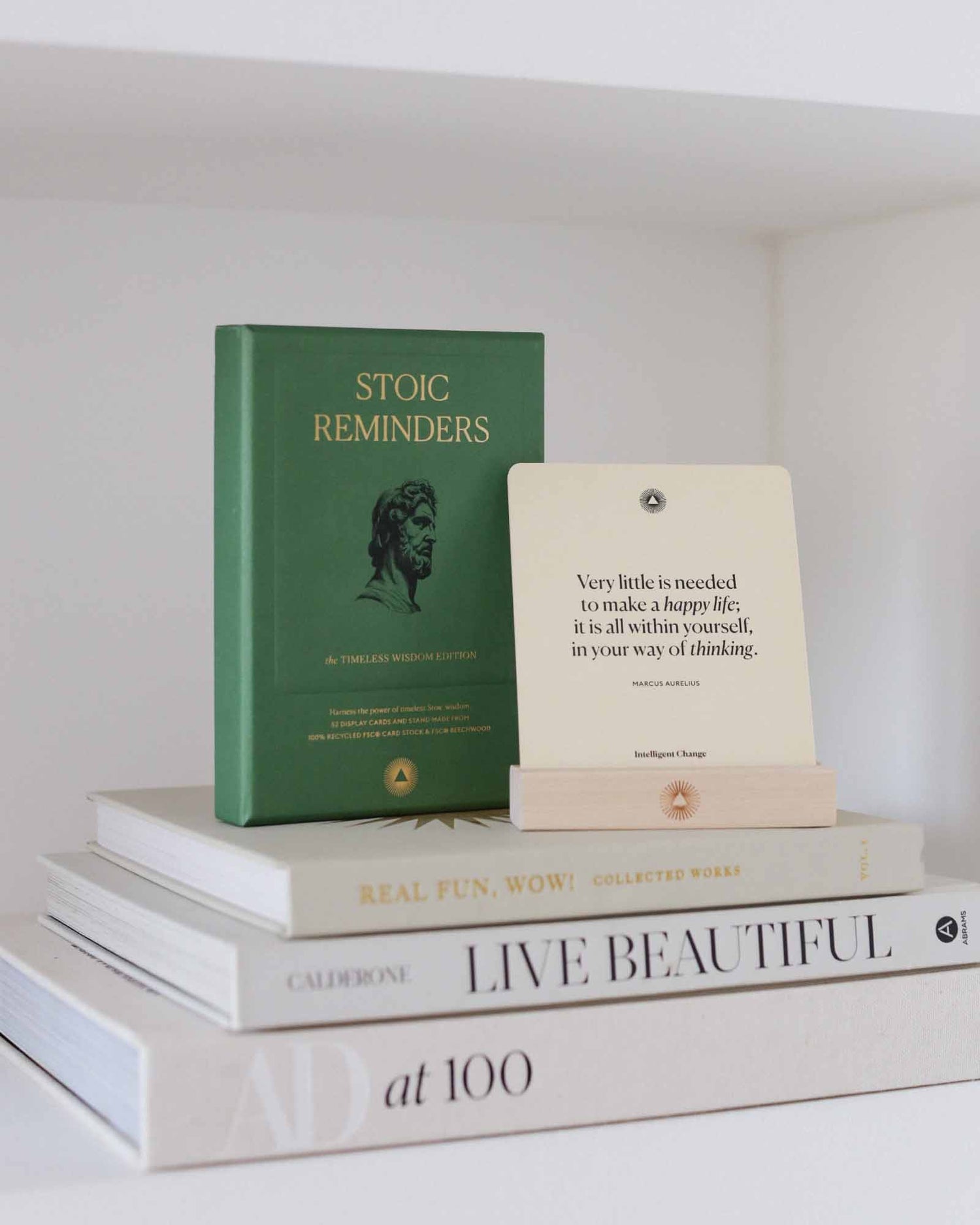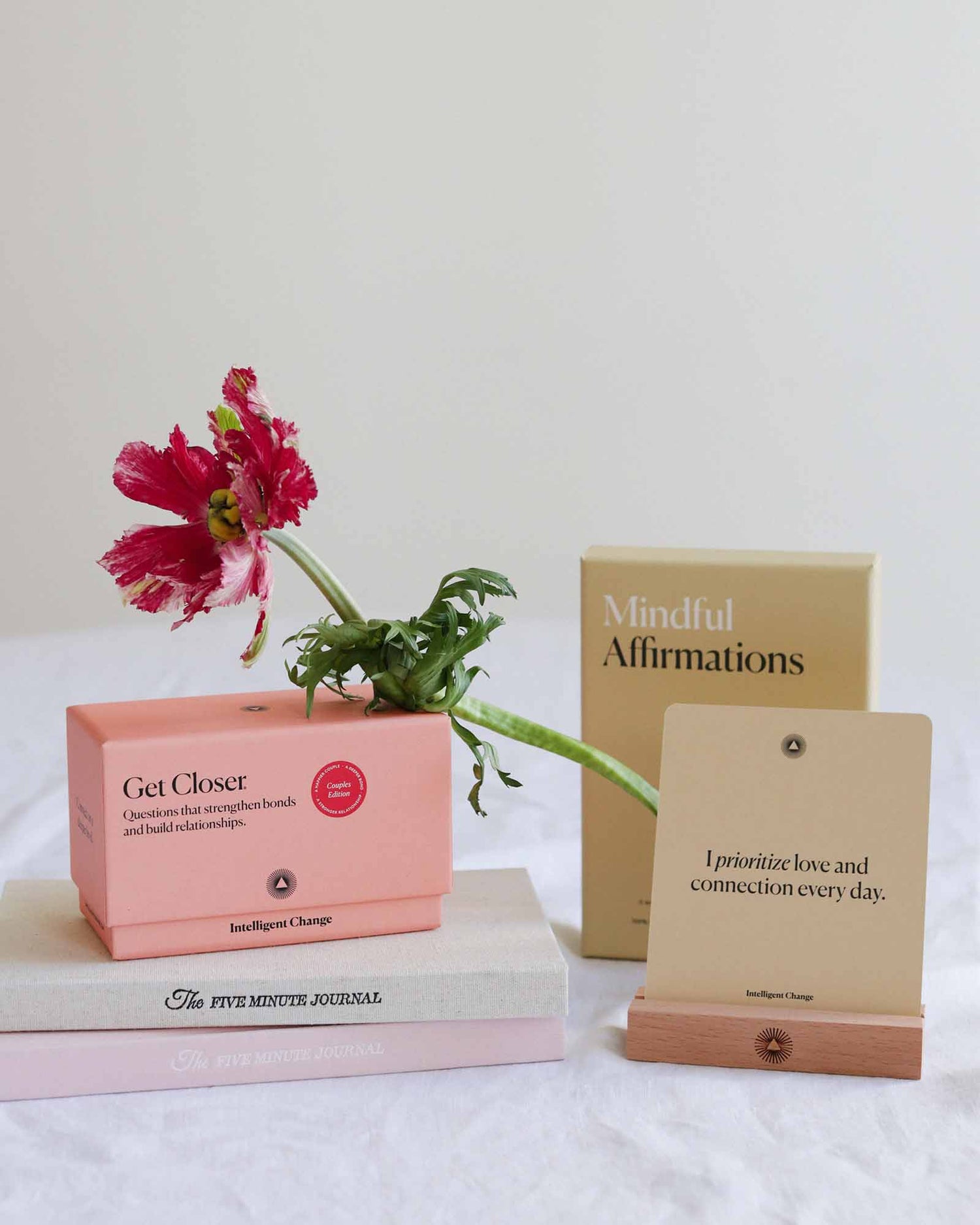Understanding Your Self-Esteem
by Natalie Theodosi
You’ve probably already heard the age old saying about loving yourself first and being your own cheerleader countless times. But the reality is that we often brush those kinds of sayings off without paying attention or grasping the real meaning of self-love and self-worth. What does it really mean to love and accept yourself, anyway?
The American Psychological Association defines self-esteem as perceiving the “qualities and characteristics associated with your self-concept as overall positive.”
In plain English, this means respecting and valuing every part of yourself––from your self image to your personal and professional accomplishments. It goes a lot deeper than simply liking what you see in the mirror. High self-esteem also means believing that your opinions are worthy, that you are capable of being successful, and that you aren’t always worried about how others perceive you.
Does this mean that people who have high self-esteem put themselves first every second of every day or think they’re perfect? Far from it: you can still be self-critical and experience ups and downs, but, if you have a strong sense of self esteem built inside you, you will not let the downs make you question your entire self worth or take everything personally.
Everyone is born and raised with varying degrees of self-esteem, with the people around you, the amount of love and acceptance you receive early on, and major life experiences all playing a role in shaping your self-worth.
But how can we, as adults, take the leading role in maintaining or rebuilding our self-esteem to ensure that we can feel good about ourselves and our lives? There’s no magic pill, and like all self-development work, the process is long, it requires consistency, and it can get uncomfortable. But it’s certainly worth it.
Do the inner work
It all starts with digging into your inner world, and consciously trying to uncover the fears, past mistakes, or limiting beliefs that are casting a shadow over your relationship with yourself and your self esteem.
Using tools like journaling or meditation, start doing the inner work and uncover the subconscious beliefs and internal narratives shaping your self image. Are there any past mistakes or perceived failures that you are still judging yourself about? Sometimes we attach labels such as "incapable" or "unsuccessful" to ourselves and limit our potential, just because of past mistakes that were nothing more than opportunities for learning and growth. Make a commitment to forgive yourself, focus on what you learnt from those mishaps and how you improved as a person instead of beating yourself up about something that's already behind you.
If you start being more kind to yourself and accepting yourself just as you are, as someone with human flaws and capable of sometimes making errors in judgment, you will boost your self esteem and be in a better position to grow further and invite more abundance and goodness into your life.
Become more conscious of imposter syndrome and actively make an effort to replace the self-doubt it brings up with positive self affirmations. All it takes is a simple shift in perspective: every time you start noticing feelings of unworthiness build up, return to a time when you felt your most confident or accomplished and use those memories to beat the negative self-talk. Starting your day with a positive affirmation in your Five Minute Journal or app will also help set you up for success.
Take care of yourself with small acts of kindness. This can be anything from dedicating a few quiet moments a day to pause and breathe, indulging in a creative hobby you enjoy, or simply smiling at yourself when you catch your reflection in the mirror. Ultimately, you’d be sending a clear signal to your brain that you value yourself and have high self-esteem––it's not possible to take care of yourself without loving yourself.
Identify negative self-talk
One of the best places to start is the way you talk to yourself. Pay attention to how you describe yourself both in your own head and to others. Do you say that certain things “aren’t for you”, that you’re not “intelligent enough” for certain jobs, or not “attractive enough” to be noticed by certain people? This is what a fixed mindset is all about.
Even if those comments are disguised as harmless jokes, they are bound to become part of your inner narrative and shape the way you see yourself. Start noticing those patterns and stop yourself from making self-limiting comments. The alternative? Make a list of all the things you are good at and remind yourself on a daily basis.
Additionally, you could dedicate part of your daily gratitude practice to yourself, if you’re working to boost your self-esteem. When using The Five Minute Journal, make sure that you write down something positive about yourself in your morning gratitude list (it can be anything from having a healthy body to the delicious dinner you cooked for yourself, or how you conducted yourself at a work meeting) followed by a positive affirmation. It might feel unnatural at first, but you will start to truly believe in what you’re writing down over time and see your self-worth transform.
Choose your circle carefully
As mindful and intentional as you might be about the ways we view ourselves, you can’t ever fully escape external factors. Other people’s energy, the way they treat you, and the things they say around you will inevitably have an impact on your own vibrations and, in the long term, the way you view and value yourself.
That’s why making intentional choices about the people you let into your life is crucial in shaping your self-worth. The saying that you are the product of the ten people closest to you might sound clichéd, but it’s more valid now than ever. So, start paying attention to how you feel after spending time with certain people and stay close to the ones who leave you feeling positive and optimistic about life. And if you’re feeling like you're lacking in the friendship department, don’t settle for what you’ve got. Create a vision of the kinds of friends you want to have and seek out new connections, now matter their age or background.
The same attitude can be applied to your digital friendships. When it comes to social media, nothing feels more cathartic than clearing up your various feeds and keeping the friends and creators whose content inspires you, helps you discover your inner truth, and makes you feel good about yourself.
Learn to say no
Having high self-esteem means knowing yourself, your values and your boundaries. So if you get an invitation to an event that doesn’t resonate with you, if you’re asked to do something at work that doesn’t sit quite right, or simply don’t feel like doing something, learn to politely decline. Nothing feels more empowering or encourages self-respect than the ability to stand up for yourself and assert your wants and needs.
Take on a challenge
Anyone who values themselves knows that they are capable of achieving their dreams and goals—and consequently they work towards them. That doesn’t mean that everything works out for them, but, even if it doesn’t, they keep their confidence intact, learn from their setbacks, and move on to the next challenge.
Going after your dreams is an integral part of maintaining or developing your self-esteem. If you’re still weighed down by self-doubt, start by setting yourself smaller challenges or daily goals that you can keep up with. Perhaps you can aim to journal every evening for two weeks straight, try a new workout class, or commit to a 30-day challenge? The sense of progress and achievement you will feel from completing those smaller challenges will boost your self-esteem and encourage you to go after bigger, longer term goals, too.
It’s one of the most important self-development exercises you can do, not just in order to achieve certain goals, but to ensure that you maintain your mental health and wellbeing.
Having high self-esteem will equip you with the tools to better manage stress, to avoid self-destructive patterns, and to better cope with inevitable life challenges, protecting you from more serious mental health conditions like depression and anxiety.








